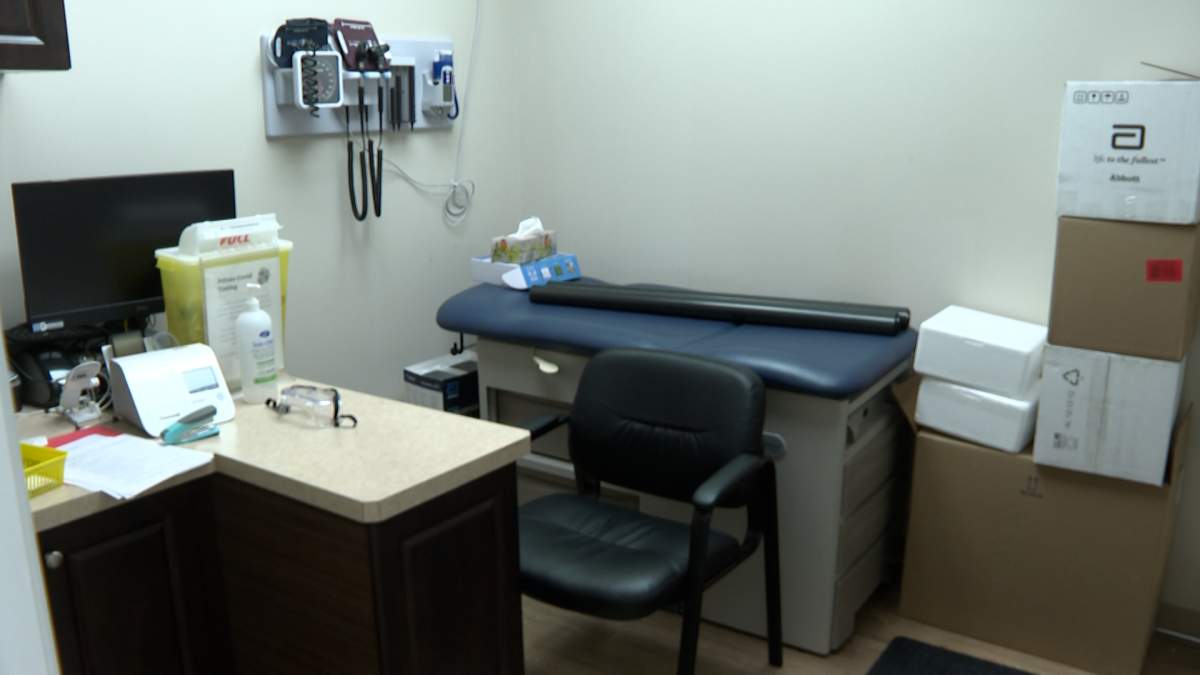Finding a doctor in Kingston is hard enough, but there may be only one walk-in clinic left in the city to pick up the slack.

Recent provincial funding cuts to virtual care have meant that most, if not all clinics, no longer offer same-day appointments.
“It’s already been two hours and they say keep waiting, keep waiting,” said Sumita Mendriatta of her wait at the walk-in clinic.
It’s a response Kingstonians looking for medical treatment are all too familiar with.
A new Kingston resident, Mendriatta said she is lucky as she has managed to snag an appointment at the CDK Family Medicine walk-in clinic on Princess Street, which is now the only clinic offering same-day, in-person, walk-in treatment in the city.
“Somebody came after me and they said, ‘No we’ll see you tomorrow, we are done for the day,’ so I think I am lucky. At least I got to see the doctor today,” she said.

Get weekly health news
A nationwide doctor shortage was already driving a decrease in walk-in clinics before the pandemic.
During the COVID-19-related lockdowns, many clinics switched to virtual appointments.
But with the provincial government scaling back fees for virtual doctor appointments at the beginning of this month, most virtual clinics have now also shuttered their doors.
“I would say yes, the system is broken and some of the things that the government has done have made it worse,” said Ted Hsu, Kingston and the Islands MPP.
Global News contacted Southeast Health Care Connect to confirm how many walk-in clinics are available in the region but did not receive an answer. Global News was able to confirm the existence of only one other walk-in clinic taking virtual appointments but by booking in advance only.

“We at least get 10 phone calls every day for someone looking for a walk-in clinic or a doctor where we only ran the walk-in clinic for two months,” said Manoj Gajera, manager of Med+ Pharmacy.
The manager and owner of Med+ Pharmacy operated a telemedicine walk-in clinic at the pharmacy with an in-person nurse who, along with a video call to a physician, would treat patients before the pandemic hit.
But he says it was not economically feasible for the pharmacy or the physician who ultimately bill the Ontario Health Insurance Plan for the service.
“I don’t think funding should be a problem because the government is refunding money for licence plates and road tolls and funding to help kids with the education disruptions. So the money is there,” Ted Hsu said. “It just needs to be spent on the things that are needed to prevent our health-care system from falling apart.”
Ultimately Hsu said fixing the problem will be a long-term goal to save a health-care system that is struggling to keep its head above water while those in need of care are left high and dry.








Comments
Want to discuss? Please read our Commenting Policy first.